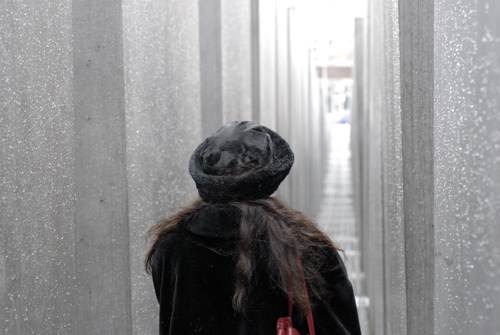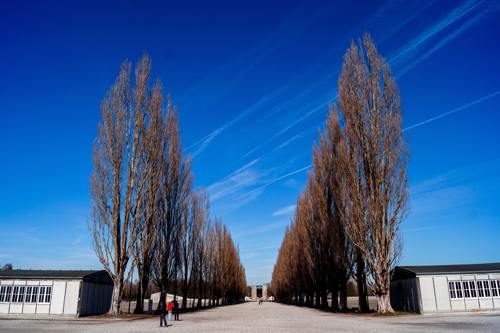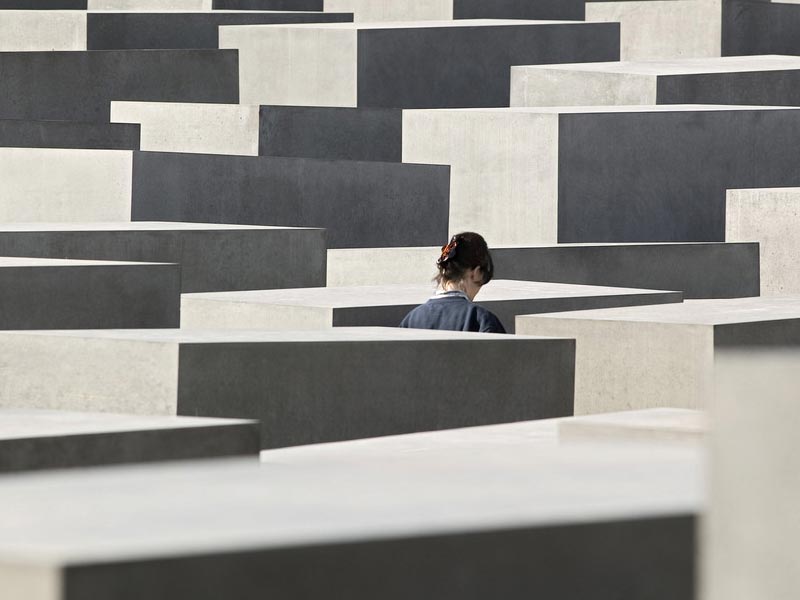To mark the anniversary of VE Day, we reflect on how school trips to Normandy, Berlin and Munich offer unforgettable lessons in remembrance, resilience and real-world learning.
On the 8th of May 2025, schools across the UK pause to mark the 80th anniversary of VE Day – Victory in Europe Day – a pivotal moment in history when the Allies accepted the unconditional surrender of Nazi Germany in 1945. Streets once ravaged by war were filled with hope, as it began to replace years of hardship.
For teachers, VE Day is more than just a history topic, it’s also a chance to explore with their students how ordinary people lived through extraordinary times – and how their courage, choices, and consequences shaped the world we live in today.
While textbooks and classroom discussions lay a strong foundation, it’s often through travel that the past truly comes alive. Educational trips to Normandy, Berlin, and Munich offer students the opportunity to walk in the footsteps of history – experiencing first-hand the sites, stories, and survivors of the Second World War.

Normandy: Learning from the legacy of D-Day
In Normandy, students discover the beaches where Allied troops landed in June 1944, beginning the liberation of Western Europe. At museums like the Mémorial de Caen or the Arromanches 360 Circular Cinema, they’ll gain a deeper understanding of the planning, scale and impact of the D-Day landings.
Visits to the British, Commonwealth, and American cemeteries, as well as preserved battle sites, encourage reflection and empathy, while helping pupils grasp the complex human cost of war. With a strong connection to British history, Normandy is a popular and powerful first introduction to WWII beyond the classroom.

Berlin: Exploring the roots and aftermath of war
As the heart of Nazi Germany and later a symbol of Cold War division, Berlin is layered with historical significance. A school trip here brings together key themes in 20th-century history – from the rise of the Nazi Party and the Holocaust, all the way to the Cold War and eventual fall of the Berlin Wall.
To complement their WWII studies, students can explore sites such as the Topography of Terror, the Reichstag, and the Memorial to the Murdered Jews of Europe. These experiences prompt important conversations around propaganda, resistance, citizenship, and the lasting effects of authoritarianism.

Munich: Tracing the rise of the Nazi regime
Often overlooked in favour of Berlin, Munich is where the Nazi movement began. This southern Germany city offers a compelling setting for students to investigate how dangerous ideas can take root in society. The NS-Dokumentationszentrum (Nazi Documentation Centre) and Eagle’s Nest provide vital context on the origins of the regime, its ideology and its impact on German life.
A visit to Dachau Concentration Camp Memorial Site, just outside the city, is one of the most moving parts of the trip – confronting but essential, and supported by educational guides who help pupils process what they see and learn with care and sensitivity.
WWII school trips offer powerful, place-based learning – book yours today
As the number of living WWII veterans continues to decline, it becomes ever more vital that their stories stay alive, and new generations engage with this history in meaningful ways. School trips offer a unique opportunity to do just that: placing students in the landscape of the past, encouraging empathy, critical thinking and global awareness.
This VE Day, we invite UK schools to consider the powerful role that travel can play in making history real, relevant and remembered.
Plan your school’s next WWII history trip with us. Get in touch to learn more about our curriculum-linked itineraries to Normandy, Berlin, and Munich – and how we support safe, seamless educational travel from start to finish – by calling our expert team directly on 01273 648248 or filling out our webform.






